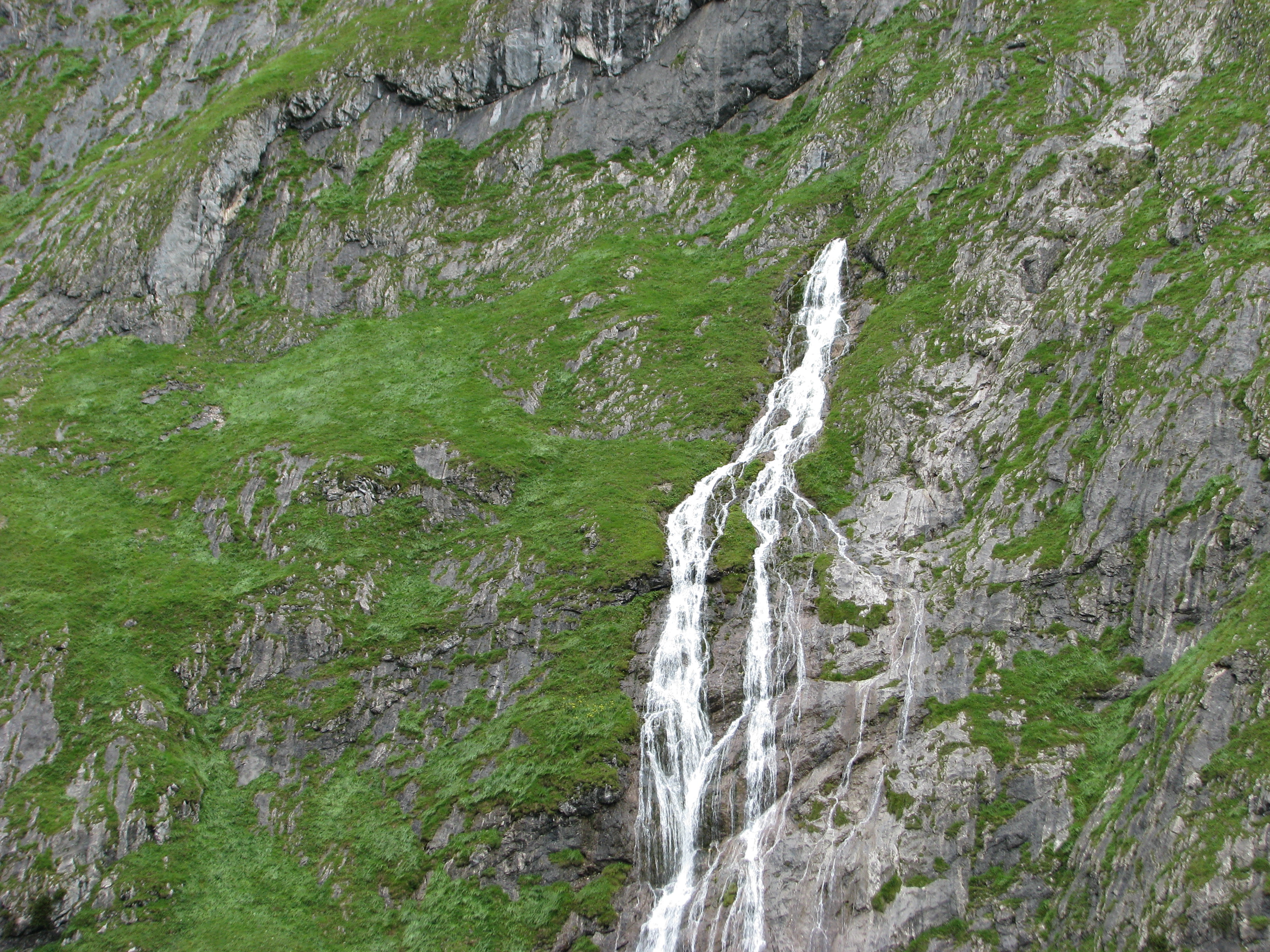
Alpine karst spring discharge prediction in view of climate change using recent advances in Deep Learning (AlKa-DL)
- Contact:
- Funding:
DFG, Projektnr.: 529209885
- Partner:
Bundesanstalt für Geowissenschaften und Rohstoffe (BGR), GeoSphere Austria, Johannes Kepler Universität Linz (JKU)
- Startdate:
Jan. 2025
- Enddate:
Dez. 2027
Project description
The aim of the joint project is to develop a novel Deep Learning (DL) approach for modelling the discharge of a large number of karst springs in the Alpine region. The use of a large database will allow a more general and transferable application to different catchments compared to conventional approaches. The close combination of machine learning and hydrogeological expertise will thus contribute to the long-term protection of Alpine karst water resources, which play an important role for drinking water supply, ecosystems and hydropower.
The relevance of climate change-induced changes in the spatial and temporal distribution of snow and ice storage in the Alps for the water balance will be specifically considered in the model development.
The project uses the World Karst Spring Hydrograph (WoKaS) database, supplemented by additional data sets, to create a comprehensive database for modelling about 150 springs in the Alpine region. As a benchmark for the DL approaches, established storage models will be optimised for the Alpine region and calibrated for the springs in the study area. A detailed case study in the Dachstein area will additionally integrate a 3D numerical model to validate the DL models with respect to the correct representation of hydrogeological processes.
Finally, the new models will be used to perform simulations based on different climate projections and (land use and vegetation) scenarios for the 21st century to investigate long-term changes in spring discharge.

